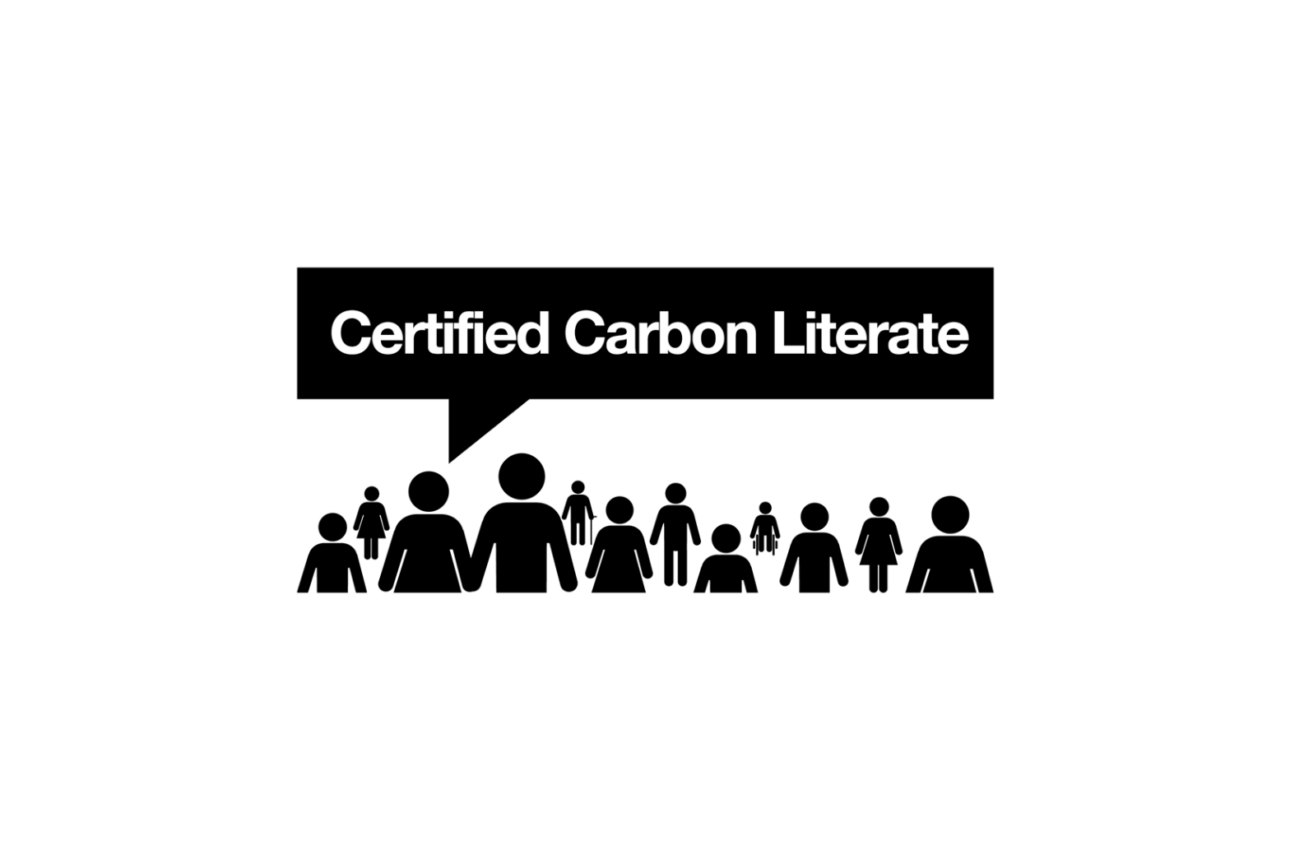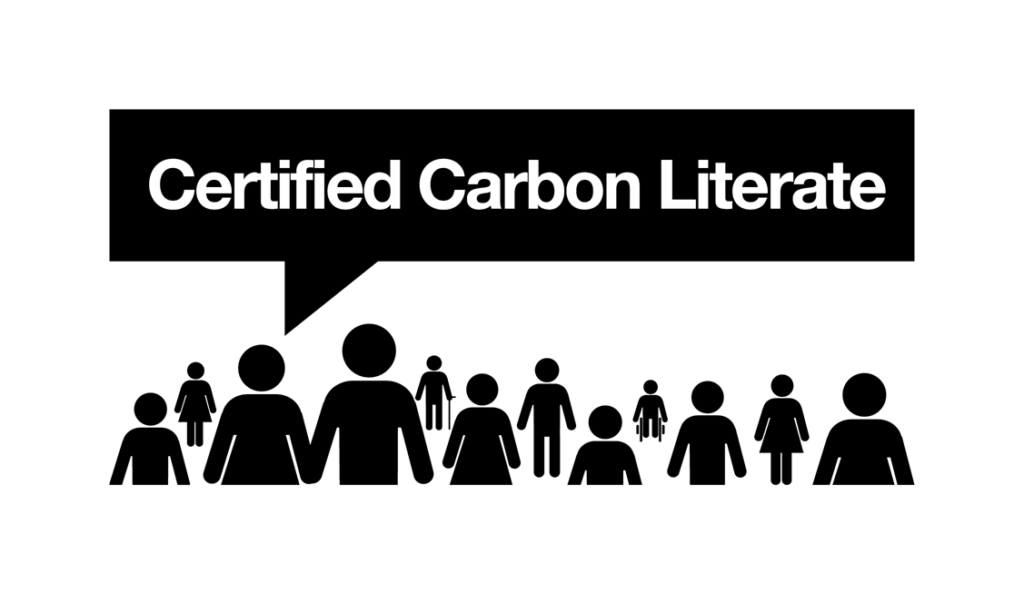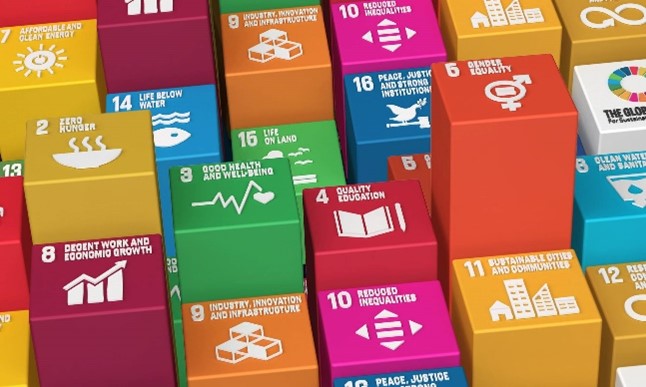
Collecting, calculating, and understanding your own carbon emissions data, and that of your company, can be a significant challenge. Becoming a Carbon Literate certified individual or business can make that process easier and help you understand the critical details of greenhouse gas (GHG) emissions and reduction targets. This is why 10% of our team have completed a Carbon Literacy Training course in partnership with Positive Planet, and we’re aiming to become a Carbon Literate Organisation in the very near future.
The course has been beneficial in encouraging people to make positive steps to increase their awareness of global warming and climate change, as well as identifying actions they can take to reduce their own carbon footprints. To begin, individuals can use the WWF Carbon Footprint Calculator to better understand what areas of their day-to-day lives use the greatest amounts of carbon and other GHGs. This then provides some underlying context for the rest of the Carbon Literacy Training course, as it focuses on the global need to reduce the vast amounts of GHGs in our atmosphere.

Carbon Literacy Training covers a wide range of topics and subjects, providing a well-rounded overview of what carbon footprints and GHG emissions comprise of, and how to take the necessary steps to reduce their impact on our planet. Global warming and climate change do not only happen in faraway places. Here in the UK, we are seeing continuous detrimental effects to our land and daily operations due to the negative effects of a changing climate. Heavy rainfall and severe flooding have seen many UK houses flooded, roads unable to be used, and businesses unable to open. These consequences are going to occur time and time again unless we take action to reduce the negative impacts of GHGs and global warming.
However, this is not a problem that we can solve on our own. Partnering with other businesses, organisations, and governments is the only way we will keep global warming temperatures under the Paris Agreements target of a 1.5°C increase. Carbon Literacy Training discusses the importance of collaboration, and the acknowledgement that many countries and people are unproportionally effected by these impacts, and therefore need more attention and focus than others, also known as Climate Injustice.
Everyone has a responsibility to do what is right for the planet and the people that live here. To begin, take a look at the steps your local council or the government are taking to reduce emissions, and how your business can get involved in influencing policy and contributing to impactful projects.
Engaging with your supply chain to get more data on their carbon performance and that of your products is also a significant step, especially if you can work together to reduce emissions throughout your value chain. Seeking out partners who can support this more effectively than others is another key consideration. Those that can provide accurate and detailed data will be key to ensuring your reporting is reliable, and therefore your targets and future reductions are ambitious yet achievable. That is why we engage with training such as this, to pass our expertise on to our customers. Whatever we can do to increase our understanding and knowledge as a team is key to being the most effective packaging partner for our customers.
Employees can also get involved in setting targets and creating initiatives for the company, such as an effort to recycle more, carpooling, or ensuring electronic equipment is switched off after a day in the office. What may seem like small, simple changes will snowball into an effective business Carbon Reduction Plan (CRP).
The Carbon Literacy Training also discusses the importance of businesses to accurately measure, and report on, their own carbon emissions. An additional step could be to make commitments through initiatives and programmes such as the United Nations Global Compact (UNGC) and Science-Based Targets initiative (SBTi), as this will allow a business to focus efforts on where the greatest positive changes can be achieved. These highly respected and globally recognised organisations provide a vast amount of knowledge around what it means to measure and reduce carbon emissions (among other things). Building a knowledge base to better understand the many terms and phrases surrounding sustainability is so important, which is where the Carbon Literacy Training can help.

Becoming a Carbon Literate Organisation means having a substantial number of people within the company that are Carbon Literate, and that the company has committed to support its people in maintaining a low carbon culture. An accreditation such as this is a great achievement and helps to reiterate how seriously an organisation is taking its efforts to reduce its carbon footprint. Here at Hazel 4D, we will use this certification to show our commitment to operating in a responsible, sustainable way that recognises the economic, social, and environmental impacts of our activities. Through our consultancy approach, we can also pass this knowledge on to you and your business in order for you to make the most informed decisions about the best sustainable solutions for your operations.
Our experienced consultants can help you make the most sustainable choices, so get in touch to see how we can improve the sustainability of your packaging products and processes.